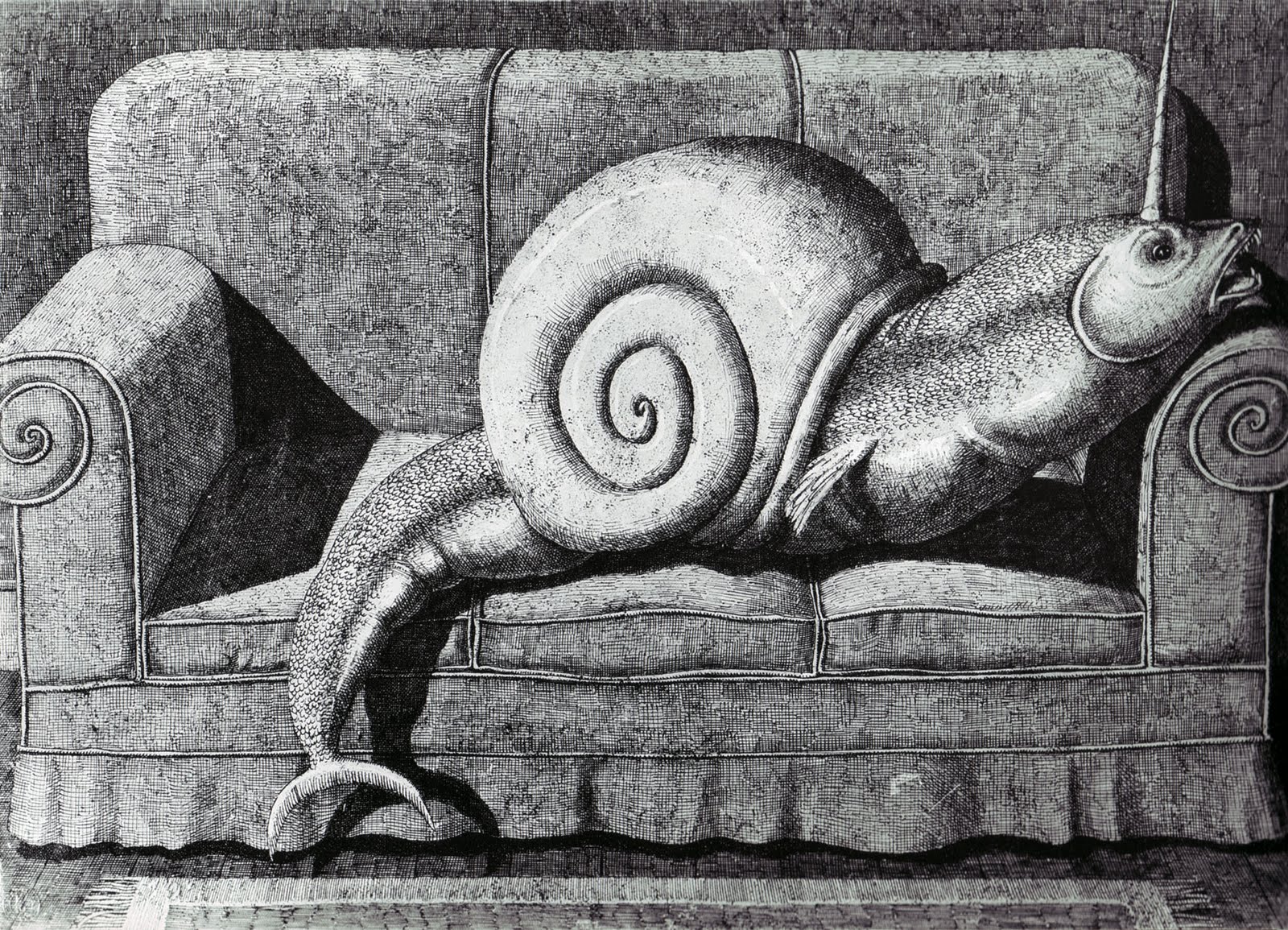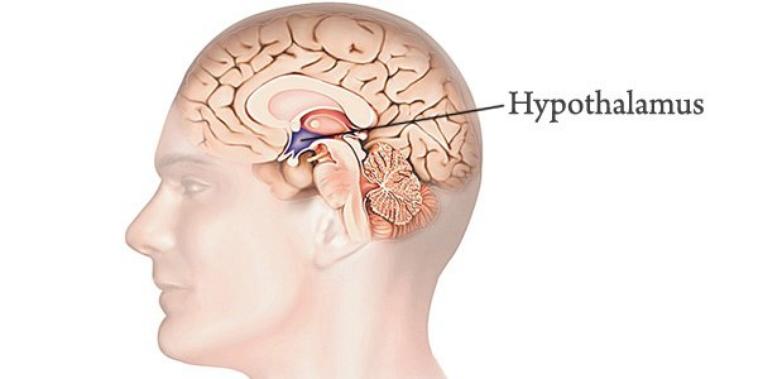Chronic Fatigue Syndrome. What it is, causes and consequences

By: Edward Gori
Chronic Fatigue Syndrome (CFS) is a reduction in vital tone in the body and significant nervous exhaustion. CFS is characterized by dozens of symptoms, but many of them are associated with other disorders.
Most people complain that they do not have enough vitality. Here are the main reasons for the decline in efficiency and vitality:
- Nutritional deficiencies. Most of the daily diet is devoid of vitamins and minerals, as well as other important trace elements. The basis of our food, about 36% - clean calories.
- Lack of sleep. Today, few people sleep more than 8 hours a day - the average duration of a night's sleep is 6 hours and 45 minutes.
- Strong load on the immune system.
- Violation of the microflora of the stomach. Associated with the spread of antibiotics and regular self-treatment without the subsequent adoption of a course of probiotics and prebiotics.
- Decreased physical activity and consumption of sunlight, and because of this lack of vitamin D.
- Hormonal imbalance due to disruption of the thyroid gland and adrenal glands is associated with high levels of stress.
- Increased levels of everyday stress and an accelerated pace of life.
')
How to distinguish CFS from other causes of nervous exhaustion: if you do not suffer from insomnia, then you most likely do not have CFS.
If you set out to restore the energy of the body and increase the tone, then for a simple determination of the presence of CFS it will be enough to answer three questions:
- Do you feel very tired on the background of insomnia, and, perhaps, “fog in your head”?
- Did you undergo a medical examination that did not reveal the causes of severe fatigue and insomnia?
- Does the condition last longer than three months?
A positive answer to the three questions means that you probably have an CFS. Since the CFS is diagnosed difficult, both to confirm and refute the diagnosis will be problematic.
The most frequent complaints of patients with CFS

- Feeling unbearable fatigue. Patients with CFS wake up broken and exhausted, and their whole day passes in a similar state. Most often, the peak of activity in patients with CFS is in the period between 10:00 pm and 4:00 am, this is due to a violation of the circadian cycle.
Exercise can worsen the condition of patients with CFS due to reduced energy production required for sports. As a result, increased exercise and sports deplete the body and empty energy reserves.
The best option for physical exertion for sufferers from CFS is light walks, continuing to the feeling of "pleasant tension in the muscles." It is important that the next day there is no deterioration of health.
- Sleep problems. Even despite severe fatigue, people with DSU rarely manage to sleep more than five hours at night. Often between 02:00 and 04:00 they wake up, and even sleep apnea and restless legs syndrome can be observed.
- Cognitive dysfunction. Sufferers from CFS often experience problems with short-term memory, selecting the right words and expressions, or searching for synonyms.
How to distinguish cognitive dysfunction from dementia: if you don’t remember where the keys lie, it’s cognitive, and if you forget how to use them, Alzheimer's disease.
- Pain sensations. Pain in the muscles and joints, sometimes turning into neuralgia - one of the symptoms of CFS. Also, when changing the position of the body, the pain can move to other parts of the body.
- Intense thirst. Due to hormonal problems in people with CFS, the retention of salts and body fluids is disturbed - this leads to frequent urination.
- Frequent infectious diseases. Many people suffering from CFS have:
- Regularly recurring acute respiratory infections, tonsillitis, tonsil inflammation.
- Chronic sinusitis, nasal congestion, and post-nasal syndrome are most often caused by Candida fungi.
- Digestive disorders.
- Symptoms are similar to the manifestation of the flu.
- Anxiety and depression , accompanied by rapid heartbeat, sweating and other signs of panic.
- Weight gain.
- Decreased libido.
Brain protection system

The hypothalamus is an important center of control of the brain, it is very energy-intensive and is shut down first in times of lack of energy. Fortunately, these “blackouts” do not damage it, and when the production of the required energy level is resumed, the functions are restored.
Here are a few triggers that can lead to the "disconnection" of the hypothalamus:
With unexpected manifestations of the disease:
- viral, parasitic and bacterial infections;
- injuries;
- current pregnancy or recent delivery;
- poisoning and intoxication;
With the gradual development of the disease :
- a large number of Candida fungi;
- hormonal imbalance;
- autoimmune diseases;
- chronic stress at work and in personal life;
- sleep disorders, such as sleep apnea or restless legs syndrome.
No matter how annoying these “overloads” are, they are necessary to protect the brain from “burnout” under excessive load. It is simply an attempt by the body to protect itself from greater harm under conditions of severe stress.
What is important for recuperation

To restore vitality, it is important to increase the level of energy production by the body and eliminate its leakage.
To do this, it is important to restore balance in the five areas of life, called the SITU:
- Sleep
Quality sleep will help restore energy and immune function of the body. Sleep plays an important role in tissue regeneration and restoration of the body, including after stress. - Hormones
Hormonal control is also important for producing enough energy and improving tonus, just like healthy eating. - Infections
Many sufferers from CFS have been experiencing numerous co-infections. Restoring the balance of the microflora of the body will help strengthen the immune system and get rid of some problems. - Nutrition
The use of large amounts of sugar and uncontrolled use of antibiotics leads to excessive reproduction of Candida fungi, which causes a violation of the intestinal microflora.
Reducing the mushroom population will help not only get rid of chronic fatigue, but also get rid of such chronic diseases as sinusitis or mucous colitis. - Exercises
Although exercise is very beneficial to health, in the case of CFS, the load should be significantly lower, and the approach to developing a training program is slightly different. Since the wrong exercises or high load can cause deterioration.
For those who experience everyday fatigue, it will be enough to slightly correct their behavior in each of the areas.
The good news is that all manifestations of the disease are treatable. The main thing is to identify the most pressing problems for each person.
Most people who have set a goal and engaged in the restoration of the body, based on the restoration of the functions of the SLEEP, have noticed an improvement in their condition.
findings
- Chronic fatigue syndrome is characterized by the inability to sleep despite overwork and blurred consciousness, and may also be accompanied by pain without a certain localization. In addition, patients may experience other symptoms, the most common of which are increased thirst, weight gain, decreased libido, mucous colitis, nasal congestion and sinusitis, as well as frequent infectious diseases.
- Chronic fatigue syndrome develops when a person spends more energy than it can produce. Because of this, there is a nervous overload and a feeling of "burnout", which is accompanied by a decrease in the functions of the hypothalamus.

Read more of our articles on our blog: SmartTalks
Source: Jacob Teitelbaum “Ever Tired. How to cope with chronic fatigue syndrome "
Source: https://habr.com/ru/post/323220/
All Articles